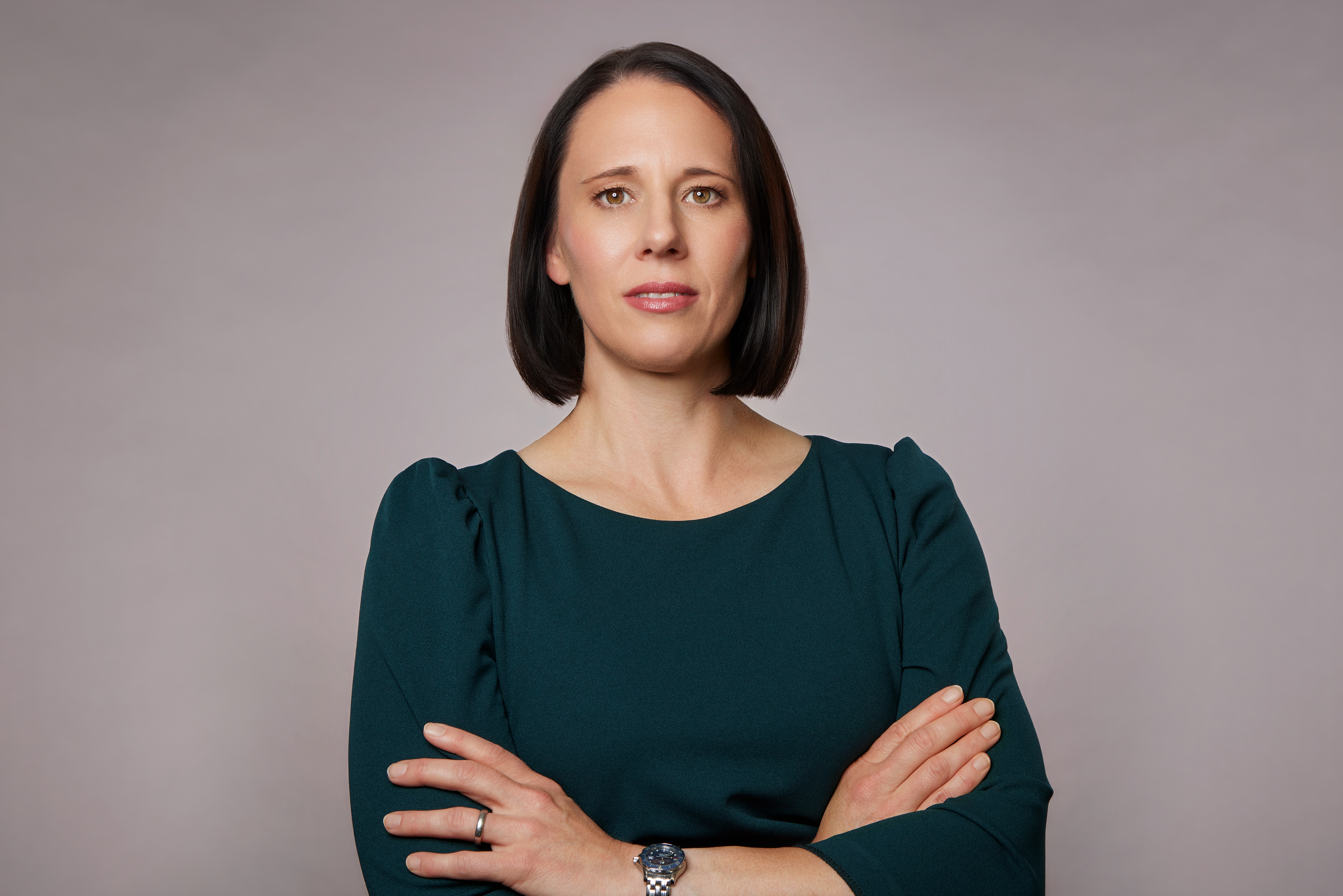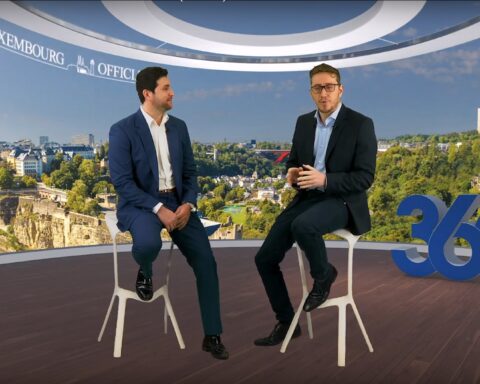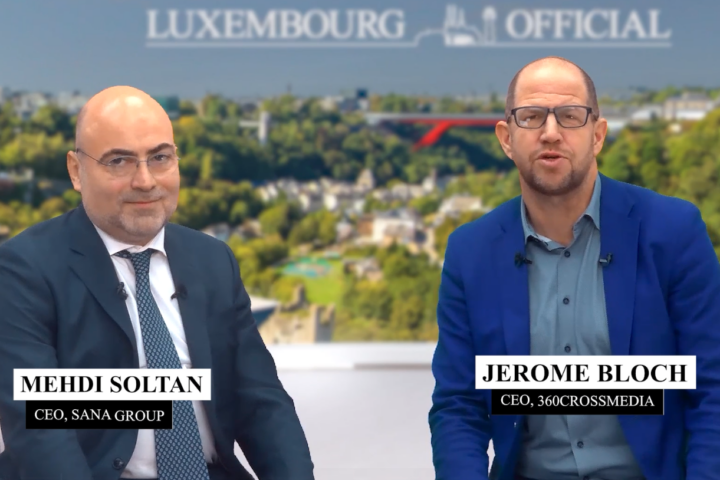George Ralph, Global MD and CRO of cybersecurity firm RFA, explains how Luxembourg can leverage AI and cloud tools to build digital resilience and drive operational excellence.
How vulnerable is Luxembourg’s digital infrastructure today?
Luxembourg’s recent outage underlined a critical concentration risk—too few providers supporting key infrastructure. It was alarming that one failed device could paralyse emergency services and disrupt mobile access. Many clients avoided disruption only because they used diversified backup internet providers or cloud-first strategies. This outage exposed a deeper issue: limited provider diversity, minimal infrastructure redundancy, and a continued dependence on hardware. Firms still operating on physical systems faced higher risk, while clients running fully on Azure or AWS remained operational. These platforms eliminate dependency on physical devices beyond the end user’s laptop or phone. That shift from hardware to cloud-native solutions provides much-needed flexibility and resilience. We’ve observed that Luxembourg offers fewer options for multi-provider internet lines, so designing resilience requires serious planning. We’re committed to helping clients adopt proactive strategies that minimise service impact, even when national-scale outages occur. That includes advising on resilience, collaborating with fund administrators, and forming strategic alliances with technology providers. By using Luxembourg as a digital sandbox, we can show the rest of Europe how to raise the bar for service continuity and digital defence.
How can AI create a competitive advantage without increasing cyber risk?
AI represents an unprecedented opportunity to modernise the services sector—but without governance, it becomes a liability. At RFA, we’re integrating AI tools that support population of due diligence questionnaires as well as diving into firms core data. We also us Ai to find our own info faster and in turn help our clients faster. Other items on the list include document classification, invoice automation and accuracy and more. But that same AI can be manipulated if not secured. Prompt injection attacks trick AI into revealing confidential data or performing malicious actions. For example and really a simple one; If a research analyst leaves a screen unlocked, a bad actor could hijack the bot in seconds. So we built a governance layer that audits usage, blocks document uploads, tracks queries, and integrates with privacy laws and frameworks like DORA, NIST and others. We’re not waiting for regulation; we’re recording AI use now, just like calls or emails in the financial world. AI needs to be treated like a child—it requires training, supervision, and clear boundaries. The technology isn’t the problem. Lack of oversight is. With proper governance, AI can compress tasks that took days into seconds, as we’ve seen with one hedge fund client’s reconciliation process. That analyst now uses AI for broader functions, accelerating learning and boosting productivity. Luxembourg, as a data-rich jurisdiction, holds an untapped advantage in this AI era. The opportunity lies not just in automation, but in empowering local firms to evolve their services intelligently.
“AI needs to be treated like a child—it requires training, supervision, and clear boundaries.”
What must change now to ensure future readiness?
Luxembourg risks falling behind if firms continue relying on hardware-heavy systems. Cloud adoption remains inconsistent, despite its clear advantages in features sets, security, cost efficiency and compliance. Tools like Office 365 already include GDPR and DORA-compliant features out of the box. They offer secure AI tools like CoPilot, document control with SharePoint, and compliant communication via Exchange. Yet many local firms still use physical servers requiring multiple backups, manual updates, and costly security layers. These legacy infrastructures invite unnecessary expense and increase risk exposure. Microsoft spends billions annually to enhance its cloud suite—those investments should be used. We’ve migrated firms globally, including NEC in 2014, long before cloud became standard. The operational gains were immediate. Luxembourg can benefit from the same roadmap. Data centres are evolving too. I recently toured new AI-optimised data centres hidden within Luxembourg City, which demonstrate strong national ambition. But software use must catch up with hardware innovation. Moving decisively to cloud platforms unlocks both resilience and regulatory alignment. My goal is to advise local firms using lessons from our 14-location footprint and show how international best practices translate into local success. The future hinges on cloud migration, AI policy, and strategic partnerships that turn risk into growth.



















